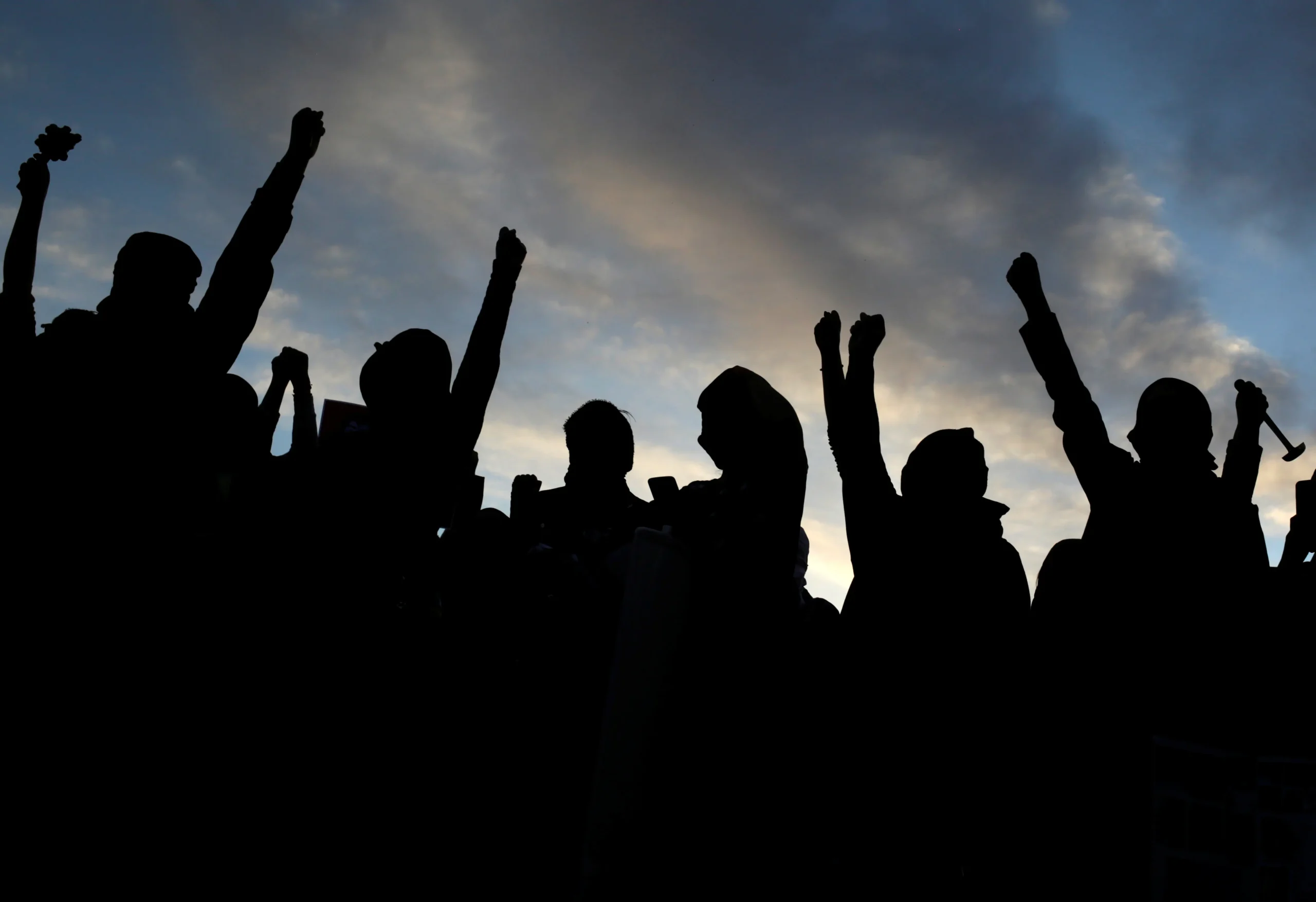The sit-in by All Parties Alliance activists and supporters in the coastal city of Gwadar has entered its eighth consecutive day, severely disrupting daily life in the city. The protesters are calling for the reopening of the border with Iran, which has been closed for several months by Pakistan. Their demand centers on the resumption of oil and other goods trade, is crucial for the region’s economic stability.
The protest leaders have sharply criticized the introduction of the token system at the Kantani Hor border, describing it as a significant barrier to trade. They argue that the system has led to increased unemployment and economic hardships in an already struggling region.
The protesters are demanding the immediate abolition of the token system and the restoration of unrestricted trade, which is essential for the livelihoods of local residents.
In addition to economic grievances, protest leaders also highlighted the dire lack of basic amenities in Gwadar. They pointed out the severe shortage of electricity and clean drinking water, calling it an injustice to the local population. “The residents of Gwadar have been deprived of essential services for far too long. This is a matter of basic human rights,” said another protest leader.
The protests were further fueled by reports of oil trade vehicles being halted at the Talar checkpoint. Local traders have said that their vehicles were stopped, leaving them stranded for weeks. The restrictions on trade have exacerbated the already dire economic situation, causing immense hardship for the people of Gwadar.
The Paki establishment’s inability to address these issues reflects a deeper pattern of neglect towards the Baloch people. The establishment has caused Baloch discontent, including economic marginalization, lack of infrastructure, and political disenfranchisement. The ongoing protests serve as a stark reminder of the growing unrest in Balochistan, where issues of economic injustice, political alienation, and human rights violations continue to simmer.

